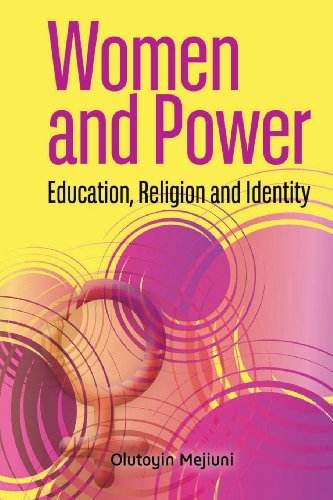Product desciption
Women And Power Education Religion And Identity Olutoyin Mejiuni by Olutoyin Mejiuni 9782869784932, 2869784937 instant download after payment.
Education is an important tool for the development of human potential. Organizations and individuals interested in development consider knowledge, skills and attitudes, obtained through formal, non-formal and incidental learning, as invaluable assets. Therefore, it is necessary to reflect on fundamental elements that shape the process through which education is attained: How do people learn, and what are the conditions that facilitate effective learning? Answers to these questions demonstrate that no education can be politically neutral, because there is no value-free education. The traditional or indigenous education systems in Nigeria, which covered (and still cover) physical training, development of character, respect for elders and peers, development of intellectual skills, specific vocational trainings, developing a sense of belonging and participation in community affairs, and understanding, appreciating and promoting the cultural heritage of the community were, and are, not value-free. In other words, the goals and purpose of education, the content, the entire process and the procedures chosen for evaluation in education are all value-laden. This book attempts to show that the teaching-learning process in higher education, and religion, taught and learned through non-formal and informal education (or the hidden curriculum), and other socialization processes within and outside the formal school system, all interface to determine the persons that women become. This education enhances or limits women's capabilities, whether in the civic-political sphere or in their attempts to resist violence. Hence, education and religion have ways of empowering or disempowering women.


